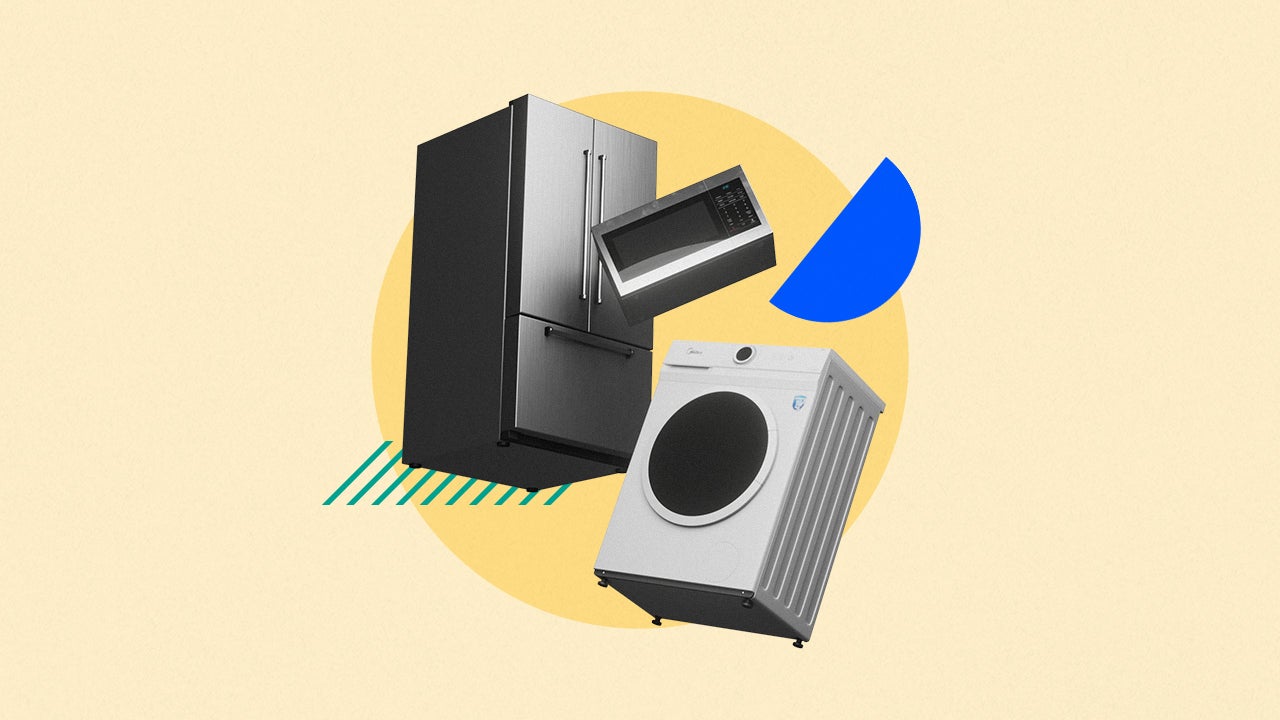Is homeowners insurance tax-deductible?




Key takeaways
- Homeowners insurance is typically not tax-deductible.
- You may be able to claim a portion of your premium as an expense if you are self-employed and primarily work from home, or own a rental property.
- Homeowners may be able to deduct losses from insurance claims not fully covered by their insurance provider if the property loss occurred in a federally declared disaster area. However, this is not the same as deducting your premium.
- Other home expenses such as energy-efficient improvements, mortgage interest, and property taxes may be tax-deductible if certain criteria are met.
Tax season is upon us, which means it’s time to take a closer look at your finances, particularly when it comes to deductions. You usually can’t list home insurance as a deduction on your tax return. However, if you use your house as something other than solely a primary residence — maybe you run a business from home or rent out your finished basement — you may be able to deduct some home expenses, including some of your home insurance premium. Bankrate’s insurance editorial team is here to walk homeowners through what they need to know about their insurance policies ahead of filing their taxes.
Is home insurance tax-deductible?
No; home insurance is not usually tax-deductible if you use your home solely as your primary residence. For reference, a tax deduction reduces your taxable income. There are two ways you can claim a deduction, either by accepting a standard deduction or itemizing your deductions. Not everything qualifies as a deduction; the IRS lays out strict rules in terms of what qualifies and what doesn’t.
Learn more: Standard deduction vs. itemized deductions: How to decide
When is home insurance tax-deductible?
The everyday person — someone who uses their home as their residence, and nothing else — won’t be able to deduct their home insurance premium on their income tax return. However, there are some special cases:
- Rental income: If you own other properties that you rent out to tenants, you may be able to deduct those insurance premiums as rental expenses. Other common rental expense deductions include cleaning, maintenance and property utilities.
- Home office: If you are self-employed and have a dedicated home office space, you may be able to deduct some of your home insurance premium.
In the event that you can list your home insurance policy as a deductible expense, you’ll need to include one of these schedules with your Form 1040. Exactly which type will depend on your situation:
- Schedule E (Form 1040) – Supplemental Income and Loss: You own property that you rent out to a tenant.
- Schedule C (Form 1040) – Profit or Loss from Business: You are self-employed and work from home.
What expenses are tax-deductible for homeowners?
While home insurance is not generally tax-deductible, other home expenses are:
- Energy-efficient home improvements: Making your home energy efficient lowers your energy bills and could provide a federal tax credit on your primary residence up to $3,200. The tax credit amount varies by improvement and is a maximum of $500 per item. Installing renewable energy also has different tax credit maximums under the Consolidated Appropriations Act of 2021, offering up to 30 percent in tax credits for renewable energy systems.
- Mortgage interest: If you itemize your deductions, you may be able to fully deduct the amount you pay in mortgage interest each year on a secured debt. The amount you can deduct varies by the date you took out your mortgage, how much you financed and how the proceeds are used. For homes purchased on or before December 15, 2017, the maximum amount of debt permissible for interest deductions is $1,000,000; or $500,000 if married and filing separately. Homes purchased after that date have a debt limit of $750,000; or $375,000 if married and filing separately. If you rent out a second home, restrictions apply.
- Property taxes: Typically, state and local real property taxes on primary and secondary residences are deductible if you itemize them on your tax return. Currently, there’s a $10,000 cap on this tax deduction.
- Capital expenses: When you make home improvements for personal reasons, the expenses are generally not tax-deductible. However, if the improvements you make are medically necessary for yourself, your spouse or dependent(s), you may be eligible to deduct the capital expense. The necessary medical improvements may include building entrance or exit ramps, widening doorways, installing porch or interior lifts, or modifying hallways and kitchen cabinets. Generally, to claim the medical expense deduction, your expenses must top 7.5 percent of your adjusted gross income, and the cost of these types of capital improvements must be reduced by the increased value to your home.
- Mortgage points: Mortgage points allow you to lower your interest rate in exchange for a fee. If you purchased your home after December 15, 2017, mortgage points are tax-deductible on up to $750,000 of mortgage debt. If you bought your home before that date, they are tax-deductible up to $1 million of mortgage debt. They are only tax-deductible if you itemize your deductions.
Keep in mind that if you take the standard deduction, many of the common tax-deductible expenses listed above are already included and cannot be deducted separately. To ensure you’re taking advantage of all the deductions you’re eligible for, consult with a tax professional.
Types of tax forms for homeowners
For homeowners navigating the tax process, it’s crucial to understand the various tax forms homeowners might encounter for deductions and reporting income or losses related to property ownership.
| Tax form | Form type | Use case |
|---|---|---|
| Schedule A (Form 1040) | Itemized deductions | Typically used by homeowners to itemize deductions such as mortgage interest, property taxes and in certain cases, disaster losses that are not covered by insurance. |
| Schedule C (Form 1040) | Profit or loss from business | May be used by homeowners who operate a business from their home or who are self-employed and work from home, allowing them to deduct a portion of their home’s expenses related to the business activity. |
| Schedule E (Form 1040) | Supplemental income and loss | For homeowners who rent out part or all of their property to report rental income and deduct applicable expenses such as maintenance, insurance and depreciation. Also used by people who own rental property. |
Depending on the homeowner’s situation, other forms may come into play, such as forms related to energy-efficient upgrades or casualty losses. Homeowners should consult with a tax professional to ensure they are using the correct forms and making the most of potential deductions.
Frequently asked questions
Why we ask for feedback Your feedback helps us improve our content and services. It takes less than a minute to complete.
Your responses are anonymous and will only be used for improving our website.
You may also like

Does homeowners insurance cover snow damage?

Does homeowners insurance cover appliances?

Does homeowners insurance cover roof leaks?

Does homeowners insurance cover flooding?
